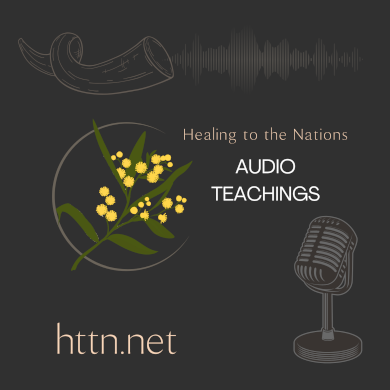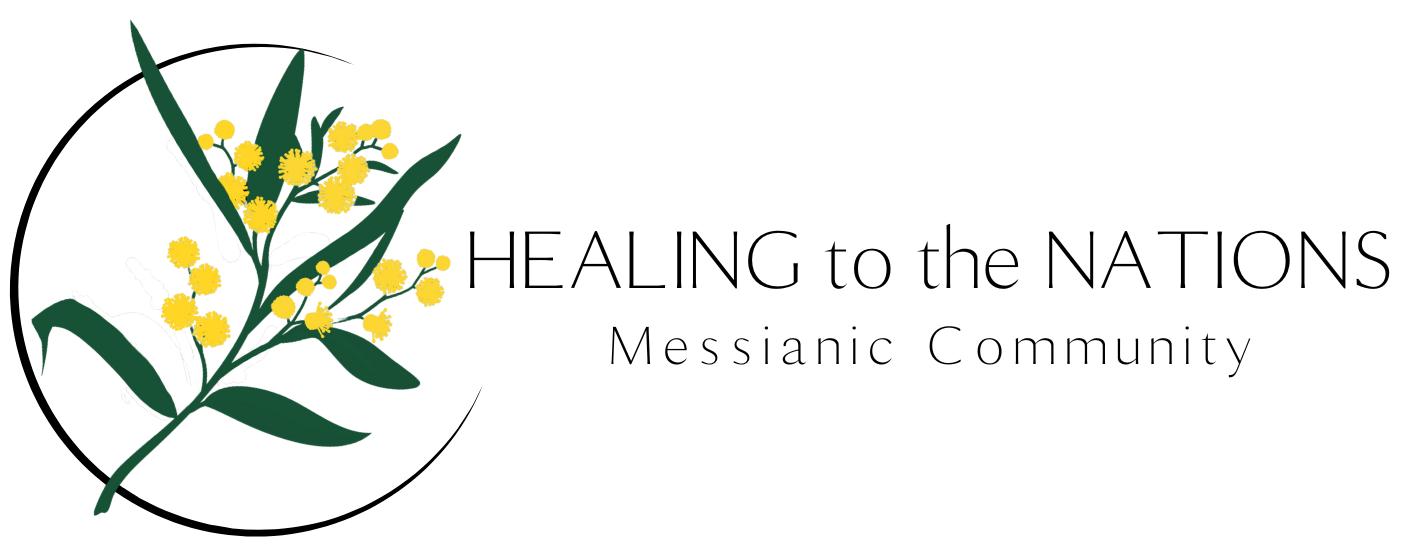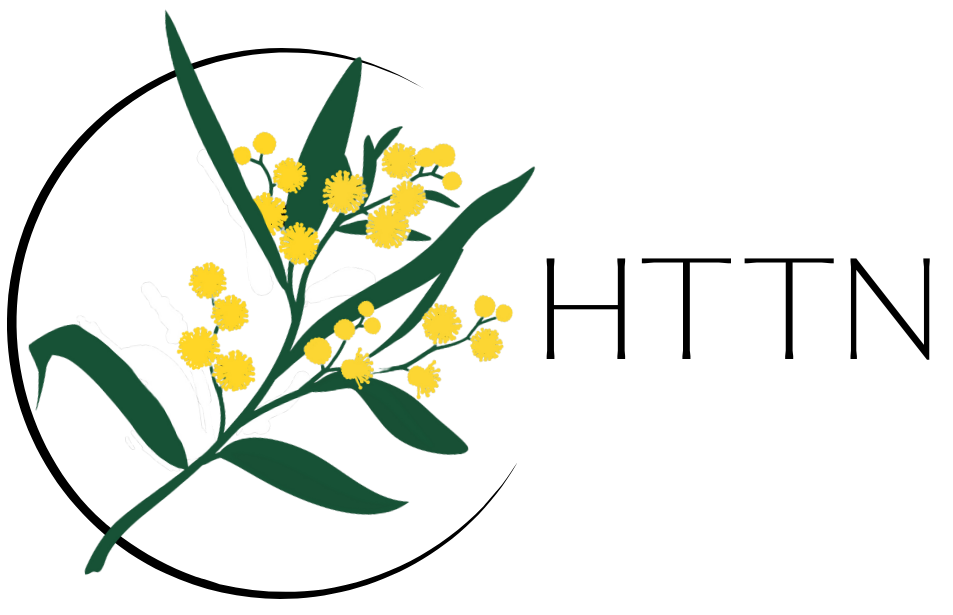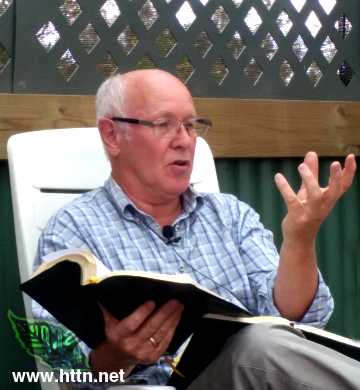- Details
-
Series: The Importance of His Name
-
Date: 2024-12-14
-
Hits: 740
-
Scripture: Isaiah 9:1-20.; Exodus 6:1-8.; Numbers 6:22-27.; Deuteronomy 28:58-61.; Isaiah 42:8.; Jeremiah 16:20-21.; Exodus 9:15-16.; 2 Timothy 2:16-19.; Proverbs 30:4-6.; Deuteronomy 29:28.; Matthew 28:16-20.; 1 Corinthians 10:1-4.; Acts 18:24-28.; Acts 19:1-7.; John 8:23-30.; Exodus 3:15.




